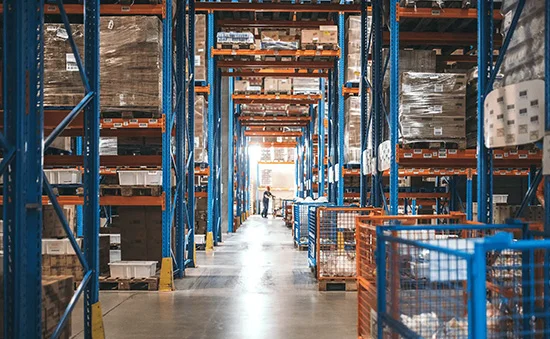Transportation is an integral part of our modern society, facilitating the movement of people, goods, and ideas. Beyond its obvious role in connecting people and places, transportation offers a multitude of benefits that extend far beyond the surface. In this article, we will delve into the various dimensions of transportation and explore its wide-ranging advantages.
- Economic Growth and Development:
Transportation plays a crucial role in driving economic growth and development. It enables the efficient movement of goods, linking producers with consumers and businesses with markets. By reducing trade barriers and expanding market access, transportation fosters competition, innovation, and specialization, leading to increased productivity and economic prosperity. - Job Creation:
The transportation sector is a significant source of employment opportunities. From drivers and pilots to logistics managers and engineers, the industry offers a diverse range of jobs across various skill levels. Additionally, transportation infrastructure projects create jobs in construction and maintenance, further stimulating economic activity. - Accessibility and Mobility:
Transportation enhances accessibility and mobility, enabling individuals to reach their desired destinations conveniently. It connects rural areas with urban centers, allowing people to access education, healthcare, employment, and recreational opportunities. Moreover, efficient transportation systems improve social inclusion by reducing barriers for vulnerable populations, such as the elderly or those with disabilities. - Environmental Sustainability:
While transportation is often associated with negative environmental impacts, advancements in technology and infrastructure have paved the way for greener alternatives. Electric vehicles, public transportation systems, and sustainable fuels are reducing carbon emissions and mitigating the environmental footprint of transportation. Additionally, efficient logistics and route planning can minimize fuel consumption and congestion, further contributing to sustainability. - Social Connectivity and Cultural Exchange:
Transportation facilitates social connectivity by bringing people from different regions, cultures, and backgrounds together. It enables the exchange of ideas, knowledge, and cultural experiences, fostering understanding and tolerance. Whether through air travel, railways, or road trips, transportation encourages exploration and broadens horizons, promoting a more interconnected global community. - Emergency Response and Disaster Management:
During emergencies and natural disasters, transportation plays a critical role in providing timely assistance and relief. It enables the swift deployment of emergency services, supplies, and personnel to affected areas. Well-developed transportation networks enhance disaster preparedness and response, saving lives and minimizing the impact of such events.
Conclusion:
Transportation is a multifaceted industry with far-reaching benefits that extend beyond mere movement. From driving economic growth and job creation to enhancing accessibility, promoting sustainability, and fostering social connectivity, the advantages of transportation are vast. As we continue to innovate and invest in this vital sector, it is crucial to prioritize sustainability, efficiency, and inclusivity to unlock its full potential for the betterment of society.





